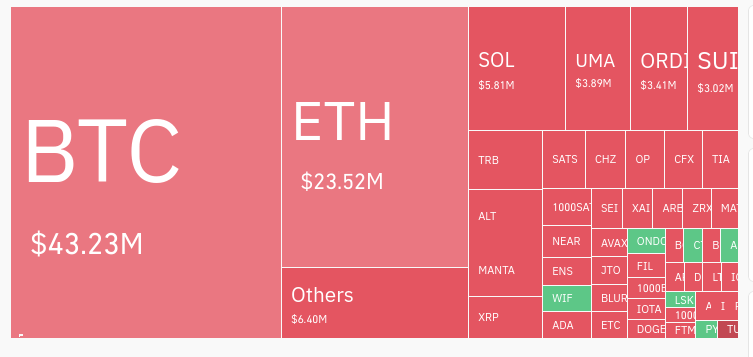Grayscale amends ETF strategy to meet SEC cash-only redemption demands
Crypto asset manager Grayscale filed a revised S-3 filing with the United States Securities and Exchange Commission (SEC) on Dec. 26 to comply with the regulator’s demands for cash-only creation for the fund redemptions.
This amendment means Grayscale will facilitate fund creation and redemption using cash, mirroring similar decisions taken by other spot Bitcoin ETF applicants, including BlackRock.
Eric Balchunas, Bloomberg’s Senior ETF analyst, characterized Grayscale’s revised submission as a crucial final step toward the approval of converting its Bitcoin Trust into an exchange-traded fund (ETF).
Over the past weeks, the SEC has insisted that ETF applicants handle funds in a specific way, favoring cash creation over the in-kind method.
Usually, traditional ETFs facilitate “in-kind” transactions, permitting market makers to swap the underlying asset for the ETF shares directly. In contrast, the “cash create” method necessitates issuers to exchange cash for the ETF shares in each transaction.
However, the SEC’s decision to bar broker-dealers from directly engaging with Bitcoin is perceived as part of efforts to address concerns regarding potential market manipulation and illicit activities.
Meanwhile, Scott Johnsson, a general partner at VB Capital, highlighted how the SEC’s insistence on a cash creation model might present higher risks for investors seeking Bitcoin exposure via a spot ETF.
No airdrops and forks
Aside from conforming to the SEC’s cash-only requirement, Grayscale’s amended filing shows that its spot Bitcoin ETF shareholders won’t benefit from any airdrops or forks of the blockchain network.
The filing stated:
“With respect to any fork, airdrop or similar event, the Sponsor will cause the Trust to irrevocably abandon the Incidental Rights or IR Virtual Currency. In the event the Trust seeks to change this position, an application would need to be filed with the SEC by NYSE Arca seeking approval to amend its listing rules.”
In response, Johnsson questioned why the asset manager was making this move, considering other applicants’ tactical sidestepping of this issue. However, he noted that the SEC might have influenced the firm’s decision.




